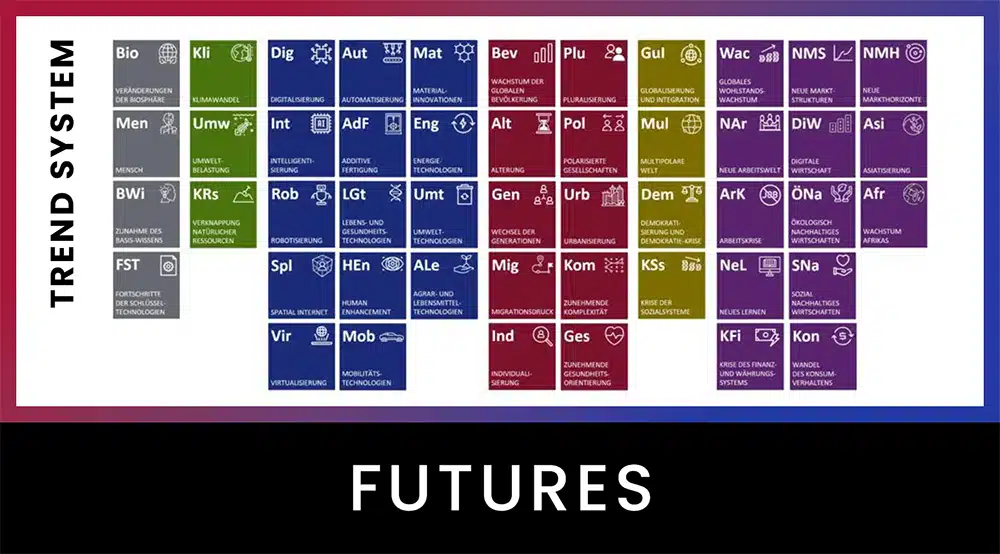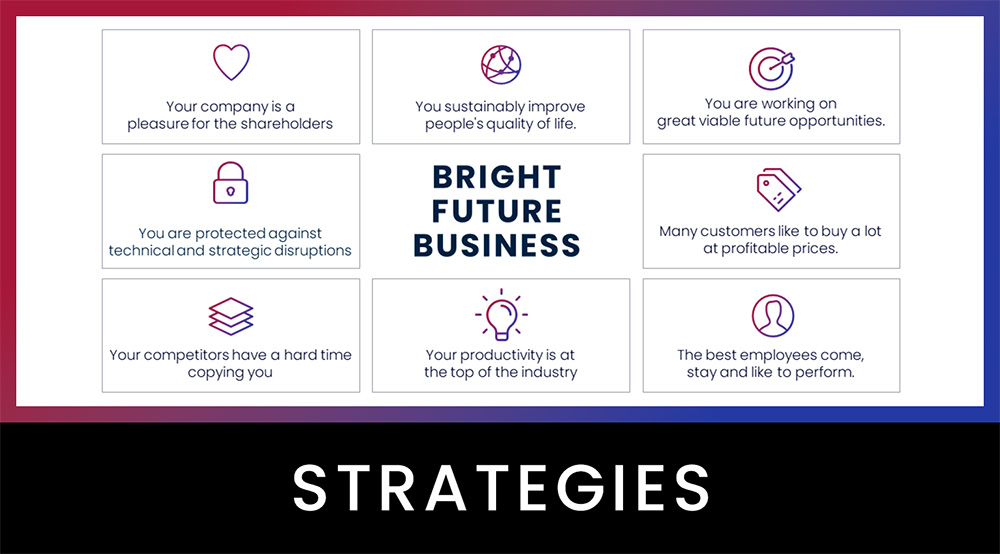Almost all companies complain about the shortage of skilled workers. Yet attracting excellent employees is one of the eight key characteristics of a future-proof company. It says: excellent employees come, stay and are happy to get involved.
I spoke to Stefan Dietz about this. He has been helping companies to become great employers for decades. You can find the three video interviews below.
Becoming an attractive employer
This video is about how you can become a more attractive employer. Stefan Dietz has written a book entitled “Glücksfall Fachkräftemangel”. The title is confusing at first glance. So naturally, the first thing I wanted to know was how he came up with such a counterintuitive title, whether he was serious and what it was all about.
More questions in this video:
- How important is it to offer employees a major shared task in order to create meaning? Is this only required by generations Y and Z?
- Which companies does Stefan Dietz know from his practical experience that are particularly attractive for excellent employees because of their socially useful mission?
- How important is it for people to work for a company with a special identity? What role does the strategic positioning of a company play in this?
- Why is it advisable to let your own employees determine the special features of the company as an employer?
- What will be more important in future ‘people strategies’ than in the past? What will employers have to say goodbye to and what will they have to get used to?
- How will the standard full-time job change in the future? Will flexible and self-employed working models really dominate?
- What developments are there towards involving people in companies and productive capital in order to protect them from the effects of automation?
Attracting and retaining employees
The second video on ‘People Strategies’ is about how you can attract and retain excellent employees as an attractive employer
in a creative and forward-looking way.
Questions in this video:
- Could the shortage of employees be countered with similar instruments as the shortage of customers since the 1960s?
- Why is a specific strategy necessary to attract and retain the right employees?
- How do the exemplary companies find their employees today?
- Is it true that employer branding indicates that a company is not really a good employer?
- Can employer branding only take place on the basis of the actual strategic orientation or also with a different message?
- How can companies specifically attract young people fresh out of school and university, but in a different way than has been done so far?
- How do you attract employees for production, logistics, service and care? What is different compared to the office class?
- Are there any examples of less attractive employers who have found creative ways to attract employees?
- What is the role of humans in the world of work when AI and robots are taking over more and more cognitive and physical tasks?
- Which future-proof qualifications should employers promote in their employees so that they can stay with the company for a long time? Which skills will be needed more and which less in the future?
Leadership
The third video on ‘People Strategies’ is about how you should lead as an attractive employer in order to attract and retain excellent employees.
Questions in this video:
- What does a ‘People Strategy’ actually contain? What elements does it consist of?
- Is leadership an element of a ‘people strategy’?
- To what extent is the relationship between the company and its employees not only a community of value creation, but also a community of development?
- Is traditional personnel development still taking place?
- How can you ensure that the future strategy is supported by as many employees as possible?
- What can companies do to keep their older employees longer?
- How can you make it easier for employees to face a new future openly, positively and joyfully?
- Which tasks and processes can entrepreneurs and managers do away with in order to gain freedom? Which old practices can be abolished?
- What mistakes should be avoided at all costs when it comes to being an attractive employer?






























